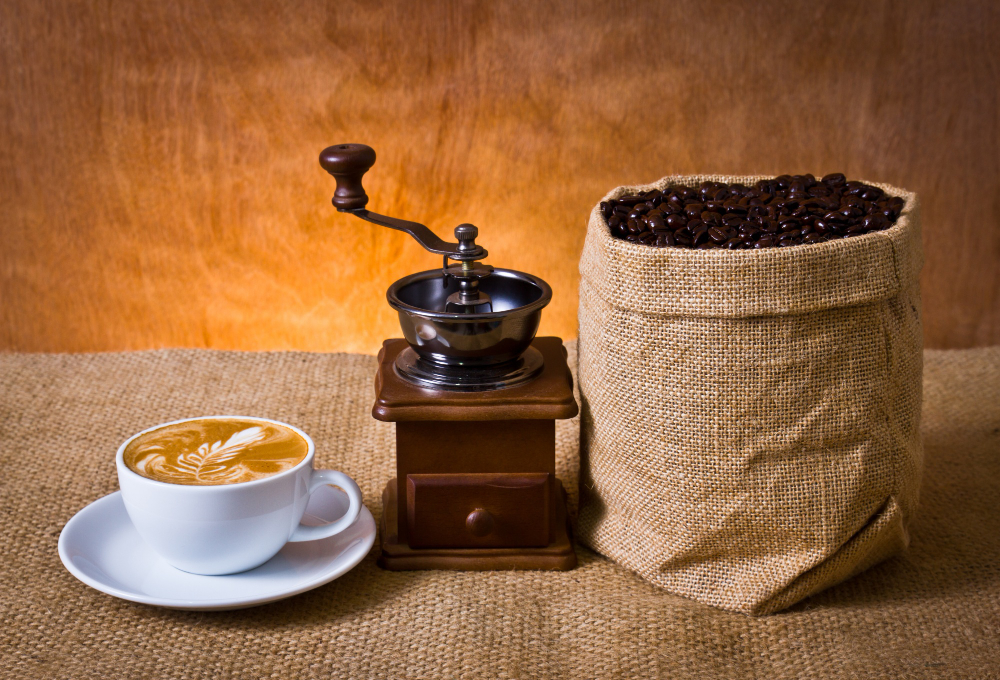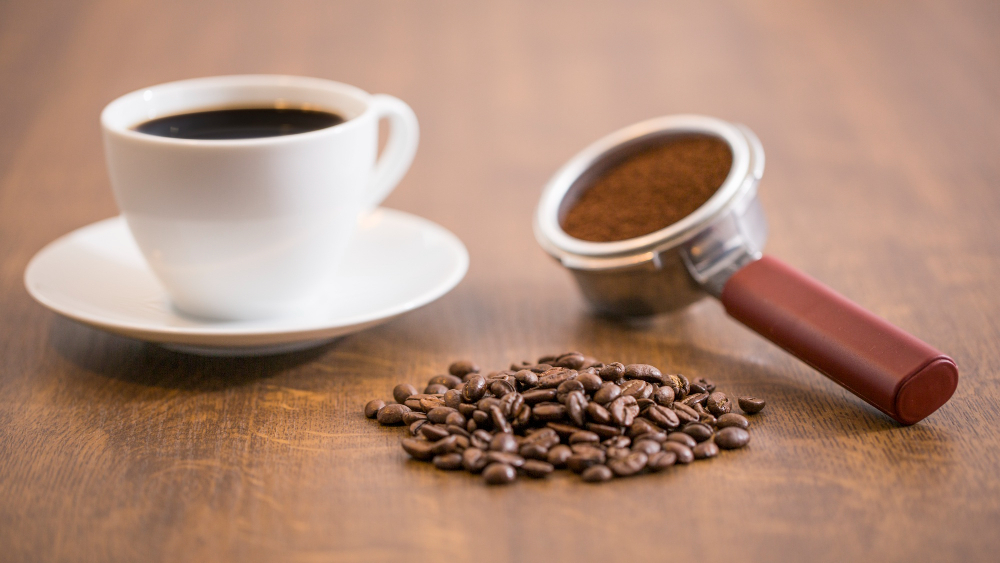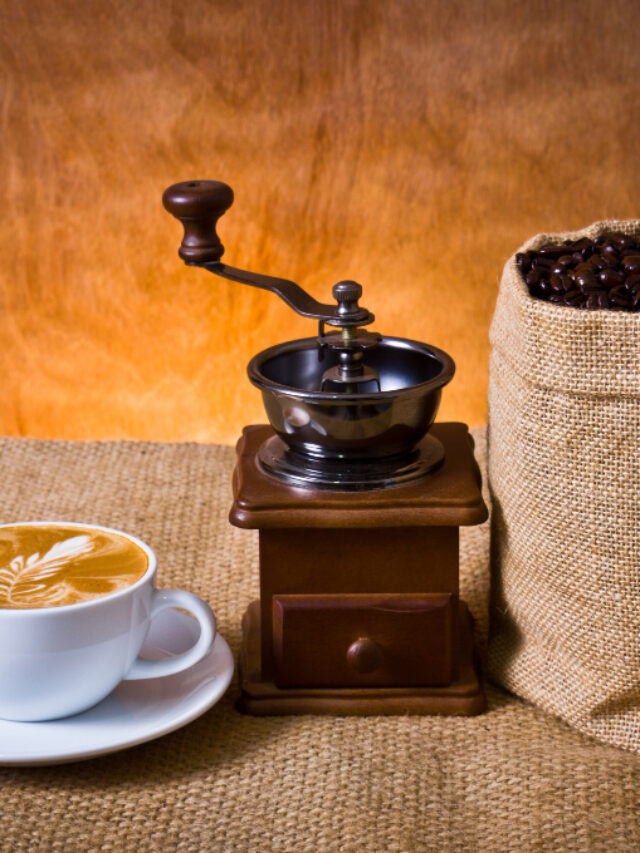
Introduction
Pregnancy is a beautiful journey, but it often comes with its set of challenges, particularly when it comes to dietary choices. For many expectant mothers, the thought of giving up their daily caffeine fix can be daunting. However, here’s the good news: you can still enjoy a cup of decaf coffee without harming your precious bump. In this guide, we’ll navigate the world of decaf coffee during pregnancy, addressing your concerns and questions.
What is Decaf Coffee?
It is short for decaffeinated coffee, is a beverage that undergoes a process to remove most of its caffeine content. This makes it a viable choice for expectant mothers who need to limit their caffeine intake.
Benefits of Coffee During Pregnancy
While it’s crucial to reduce caffeine during pregnancy, decaf coffee has its own set of advantages:
- Lower Caffeine Content: It contains significantly less caffeine, reducing the risk of pregnancy-related complications.
- Antioxidant Properties: Itis a source of antioxidants, which can be beneficial for both you and your baby.
- Hydration: It contributes to your daily fluid intake, aiding in proper hydration.
Choosing the Right One
Not all such types of coffee are created equal. It’s important to pick the right one to ensure a safe and enjoyable experience during pregnancy.
- Look for Swiss Water Process: This method is a safe and natural way to decaffeinate coffee, ensuring no harmful chemicals are used in the process.
- Check the Label: Ensure the decaf coffee you choose is 97% caffeine-free or more.
- Opt for Organic: Organic decaf coffee is free from pesticides and chemicals, making it a healthier choice.
Moderation is Key
While non-caffeine coffee is generally considered safe, moderation is essential. Excessive consumption, even of non-caffeine coffee, can have adverse effects. It’s recommended to limit your intake to 200-300 milligrams of caffeine a day.

Exploring Flavorful non-caffeine Options
If you’re a coffee enthusiast, the thought of giving up your beloved brew can be challenging. Thankfully, there are various non-caffeine options that can satisfy your cravings while ensuring a safe pregnancy.
Flavored non-caffeine
Flavored non-caffeine is a delightful option for those who enjoy a bit of variety in their coffee routine. You can find decaf coffee beans infused with flavors like vanilla, hazelnut, or caramel. These can be a tasty and aromatic treat during your pregnancy.
Decaf Cold Brew
Especially during the warmer months, a glass of cold brew can be refreshing. Opt for decaf cold brew coffee, and you’ll enjoy a smooth, low-acid coffee that won’t disrupt your digestive system. It’s a great choice for expectant moms with morning sickness.
Organic
For the health-conscious, organic decaf coffee is the way to go. It’s grown without synthetic pesticides or fertilizers, making it a safe and eco-friendly choice for you and your growing baby.
Pairing Coffee with Pregnancy Snacks
The right snack paired with your decaf coffee can enhance your experience. Here are some delicious options that can elevate your coffee break:
Nut Butter and Banana Toast
A whole-grain toast smeared with nut butter and topped with banana slices is not only satisfying but also provides essential nutrients. The combination of fiber, healthy fats, and potassium can help curb pregnancy hunger pangs.
Greek Yogurt with Honey
Greek yogurt drizzled with a touch of honey is a creamy, protein-packed snack. It’s a fantastic companion to your decaf coffee, and the sweetness of honey pairs wonderfully with the subtle flavors of decaf.

Oatmeal Cookies
If you’re craving a sweet treat, oatmeal cookies made with whole grains and minimal sugar can be a delightful indulgence. Pair them with your coffee for a cozy, comforting experience.
Preparing at Home
If you love the idea of brewing your own decaf coffee, here’s how to make the perfect cup:
- Select Quality Beans: Start with high-quality decaf coffee beans. The better the beans, the better the flavor.
- Grind Fresh: Grind the beans just before brewing. Freshly ground beans make a significant difference in taste.
- Use the Right Equipment: Invest in a good coffee maker or a French press. The right equipment can bring out the flavors.
- Mind the Ratios: Experiment with water-to-coffee ratios to find the strength that suits your taste.
- Brew with Care: Brew your decaf coffee with care, following the recommended brewing time and water temperature.
Making the Switch: Coffee and Morning Sickness
Morning sickness can be a challenging aspect of pregnancy. For many expectant mothers, the aroma of regular coffee can trigger nausea. Decaf coffee can be a gentler alternative. Its milder flavor and lower acidity can help soothe your stomach and provide comfort during this sensitive time.
The Role of Coffee in a Balanced Diet
While decaf coffee can be a delightful part of your pregnancy experience, it’s essential to remember that it should be a complementary element in a well-balanced diet. Nutrient-rich foods, plenty of water, and regular prenatal check-ups are equally vital for a healthy pregnancy.
Exploring Herbal Alternatives
If you’re looking to diversify your beverage options during pregnancy, herbal teas are an excellent choice. These caffeine-free infusions come in various flavors and offer health benefits. Chamomile, ginger, and peppermint teas can soothe your stomach and provide relaxation.
Conclusion
Decaf coffee, with its reduced caffeine content, can be a reassuring presence during your pregnancy journey. It offers the comfort of a warm cup of coffee without the potential side effects of excess caffeine. Whether you enjoy it with a wholesome snack or savor it alone, decaf coffee can be a valuable addition to your daily routine.
Just remember to keep an eye on your caffeine intake, make informed choices about the type of decaf coffee you consume, and consult your healthcare provider if you have any concerns. Your pregnancy experience should be as enjoyable and comfortable as possible, and your coffee can be a part of that journey.
FAQs
Is decaf coffee completely caffeine-free?
No, decaf coffee is not entirely caffeine-free, but it contains significantly less caffeine than regular coffee, usually around 2-5 milligrams per 8-ounce cup.
Can I drink decaf coffee in the first trimester?
Yes, you can enjoy decaf coffee in the first trimester, but it’s essential to monitor your caffeine intake and consult your healthcare provider if you have concerns.
Does decaf coffee taste the same as regular coffee?
Decaf coffee has a similar taste to regular coffee, but some coffee connoisseurs may notice a slightly different flavor profile.
Are there any risks associated with decaf coffee during pregnancy?
Decaf coffee is generally considered safe during pregnancy. However, it’s crucial to consume it in moderation and consult with your healthcare provider if you have specific concerns.
Can I add milk or sweeteners to my decaf coffee during pregnancy?
Yes, adding milk or a sweetener to your decaf coffee can enhance its taste. Just be mindful of your sugar intake and opt for pasteurized milk.
What are some caffeine-free alternatives to decaf coffee during pregnancy?
If you want to avoid caffeine altogether, herbal teas, water, and fruit juices are excellent caffeine-free alternatives.
Connect with me on Instagram

